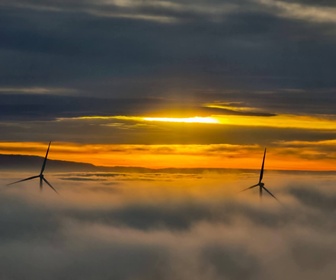Germany has taken over the rotating EU Council Presidency from Croatia. As part of the trio presidency, Germany will hold the position until 1 January 2020 before passing it on to Portugal. In the rather short time frame, the German Presidency aims to develop and adopt several important energy policies – with a strong focus on offshore wind.
The German Presidency Programme underlines the fundamental importance of the EU Green Deal for Europe's recovery from COVID19. Germany intends to play its full part in shaping an “economic, technological and social transformation process” that is “economically balanced, socially just and supported by society as a whole”. To help deliver this transformation, the German Presidency is betting on offshore wind and renewable hydrogen.
The Presidency programme says the rapid expansion of offshore wind has a key role to play in achieving the EU's ambitious renewable energy targets and ensuring security of energy supply. Germany plans Council Conclusions on a framework for joint offshore wind projects between countries, so called “hybrid” projects which go beyond one single grid connection from the wind farm to the mother country. Central to the German plans is the adoption by the EU Commission of the EU Offshore Renewable Energy Strategy in October 2020.
WindEurope has published a position paper on the EU Offshore Renewable Energy Strategy. The paper identifies the need for a collaborative and long-term approach to maritime spatial planning, aligned with EU climate goals. It highlights the key role of both hybrid offshore wind farms and floating offshore wind, and calls for the EU’s TEN-E programme to support investments in the former. And it identifies two-sided Contracts for Difference as the most efficient auction system to finance new investments in offshore wind.









